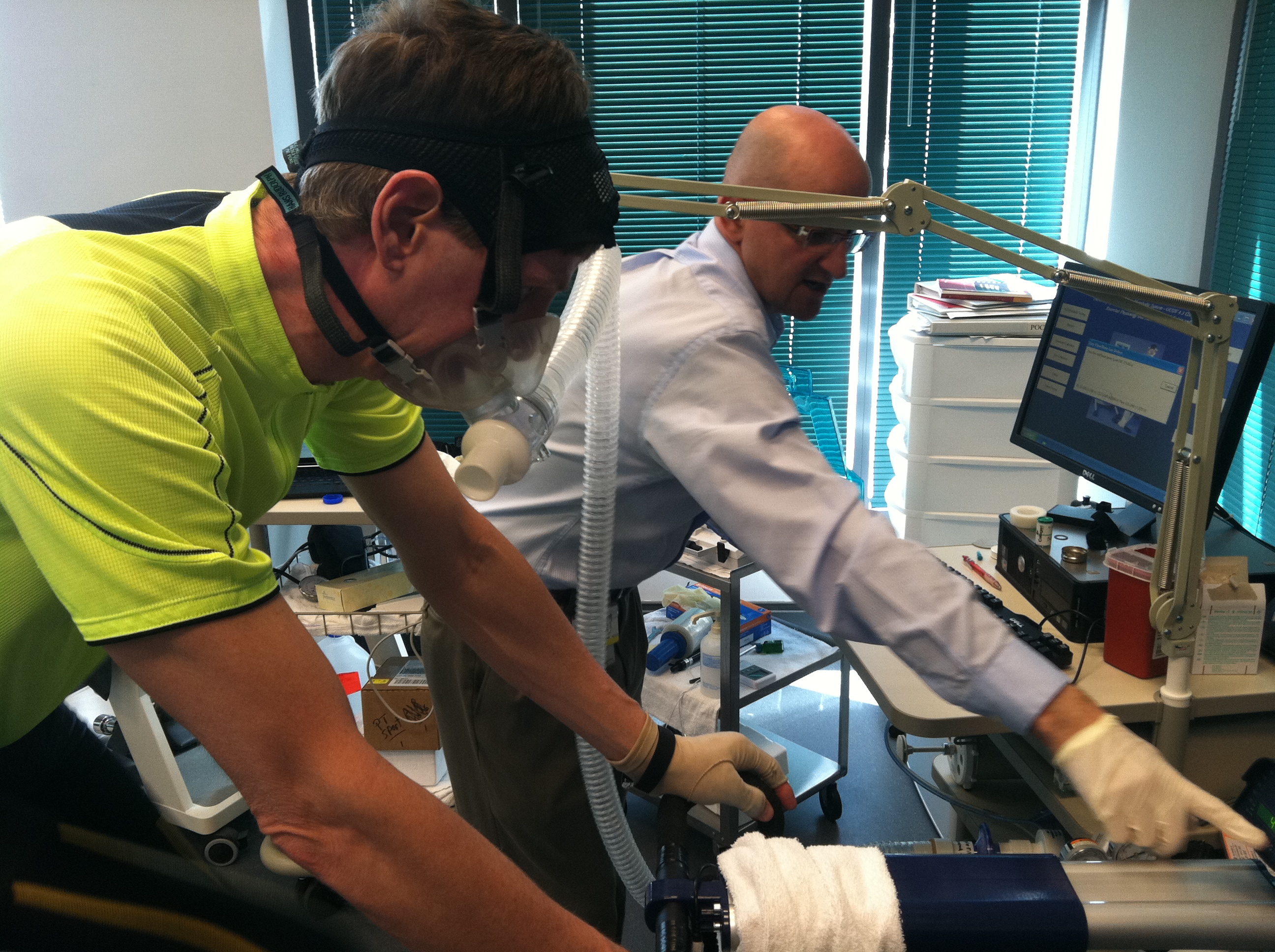[fusion_builder_container hundred_percent=”no” equal_height_columns=”no” menu_anchor=”” hide_on_mobile=”small-visibility,medium-visibility,large-visibility” class=”” id=”” background_color=”” background_image=”” background_position=”center center” background_repeat=”no-repeat” fade=”no” background_parallax=”none” parallax_speed=”0.3″ video_mp4=”” video_webm=”” video_ogv=”” video_url=”” video_aspect_ratio=”16:9″ video_loop=”yes” video_mute=”yes” overlay_color=”” video_preview_image=”” border_size=”” border_color=”” border_style=”solid” padding_top=”” padding_bottom=”” padding_left=”” padding_right=””][fusion_builder_row][fusion_builder_column type=”1_1″ layout=”1_1″ background_position=”left top” background_color=”” border_size=”” border_color=”” border_style=”solid” border_position=”all” spacing=”yes” background_image=”” background_repeat=”no-repeat” padding=”” margin_top=”0px” margin_bottom=”0px” class=”” id=”” animation_type=”” animation_speed=”0.3″ animation_direction=”left” hide_on_mobile=”small-visibility,medium-visibility,large-visibility” center_content=”no” last=”no” min_height=”” hover_type=”none” link=””][fusion_text]
OVERTRAINING AND FATIGUE IN ATHLETES. THE IMPORTANCE OF MONITORING ATHLETES
It is a general assumption that a training program will always work. However there are many factors that can interfere with the proper assimilation of training and therefore elicit a maladaptation or an overtraining state. The first principle of training is the overload principle, where the body is stressed in order to elicit an adaptation and an improvement in performance which is called supercompensation and the second principle of training. However for a supercomensation to occur it is crucial to have a correct assimilation of the training load as well as a recovery. The problem affecting many athletes is that either the training overload is too much and/or the recovery is not enough which will result in a maladaptation and overtraining state which will decrease and deteriorate performance Team sports are no exception. There is a general assumption that performance form improves during the season when actually many times athletes and teams deteriorate their form and performance throughout the season. Unfortunately even at the highest level of competition little is done in general to monitor athletes. Many athletes spend a lot of money in cutting-edge equipment for marginal gain purposes but many keep training and competing overtrained and fatigued as they never find out because they don’t have any scientific monitoring throughout the season. Fatigue and overtraining doesn’t strike just elite athletes. Recreational athletes are actually the population most vulnerable for overtraining. Most of “recreational” athletes have evolved to become “competitive” athletes. They don’t run around the block or cycle to work anymore to stay fit. They are not weekend warriors anymore. Most recreational athletes nowadays enter marathons, ½ marathons, triathlons or century rides. Most of them train with a purpose which goes from being the best age grouper to being the fastest in their neighborhood…They have full time jobs, many times eat on the run, sleep less than 7h/night and squeeze in trainings with the little time available for training. They have the same overtraining features as elite athletes. Elite athletes at least have an entourage of experts who are on top of them and help them preventing or avoiding overtraining. Recreational athletes are on their own…
Causes of Overtraining
There are different causes of overtraining but these are the most common ones:
Excessive training.Many athletes train more than what they can assimilate and/or their training overload is too much. In many cases athletes, coaches and trainers don’t know how much training an athlete can assimilate as it is hard to quantify the proper dose of training for an athlete and sometime sit can be too much.
Poor recovery and assimilation.As described above, training overload on the body is followed by a supercompensation which is the regeneration phase of the training where the body regenerates, supercompensates and gets stronger, therefore eliciting an increase in form and performance. Proper recovery is crucial and many times the recovery component is absent or not enough to elicit a regeneration and supercompensation and eventually overtraining will happen. Most athletes at any time will incur in this situation. . In many situations the physiological stress of training or competition is too much and recovery may not be that well-adjusted so overtraining occurs.
Improper Nutrition. As discussed earlier nutrition is a key part of the training regime of any athlete. Not ingesting enough amounts of calories (Kcal) can result in important macro and micronutrient deficits for an athlete. This is especially true when it comes to carbohydrates (CHO). For about 100 years it has been known that carbohydrates are crucial for performance. This has been a very important topic in exercise physiology and metabolism for the past 50 years where every single scientific study coincides on the importance of carbohydrates for performance. Multiple studies show that fatigue and decreased performance are associated with low carbohydrate diets resulting in glycogen depletion. Likewise, several studies show how low glycogen levels may cause overtraining. Since glycogen storage capacity is very limited many high performance athletes may find it difficult to even keep up with CHO intake and therefore have some patterns of glycogen depletion.
When glycogen levels are low or there is glycogen depletion, the muscle increases the utilization of protein and amino acid utilization to produce glucose for energy purposes. This increase in protein utilization may lead to a catabolic situation and muscle breakdown which may result in muscle damage which will interfere with performance but could also interfere with glycogen storage and synthesis. When muscle damage occurs which is quite common in many athletes of all levels, even a high CHO diet may not be enough to maintain muscle glycogen storages and energy levels and therefore an athlete can enter a vicious circle which may lead to chronic overtraining leading to decrease in performance and even increase in the risk of muscle injuries.
Psychological stress. Athletes may experience psychological stress which can interfere with performance and there are many studies showing the effects of psychological stress on performance. Elite athletes typically develop a psychological stress derived from the high psychological and physiological demand of training and competition. It is not uncommon to see athletes dealing with a great deal of stress due to fear of failure. Other times athletes get to the highest level in the sport and this represent a new situation and shock to their lives which can have important situations of stress. Recreational athletes may develop a different kind of stress derived from their busy schedules, full time jobs and the difficulty to train around their schedules and busy lives. If an athlete is overtrained and fatigued the situation of stress may be more pronounced due to the realization of the difficulty of achieving the set goals. The field of sports psychology is more popular than ever and of great help for competitive athletes. Many teams have now sports psychologists among their staff and many individual athletes use sports psychology services to improve performance
Clinical approach to monitor overtraining: The answer is in the blood
There are many indirect parameters to assess overtraining but they may not be very sensitive and many times are difficult or ambiguous to quantify and interpret. Examining direct blood biomarkers of overtraining is a useful tool to detect and diagnose overtraining. Through the evaluation of different blood biomarkers it is possible to monitor an athlete throughout the season to detect and/or prevent overtraining. Different hematological, biochemical, hormonal and serological biomarkers can be found in the blood as biomarkers for overtraining.
There are several biomarkers but we can just briefly discuss a few ones. Hemoglobin (Hgb) is a protein inside red blood cells (erythrocytes) that carries oxygen (O2). Each Hgb molecule contains iron to which O2 ultimately binds. In a way, red blood cells are the taxi for O2, and Hgb is the seat where O2 sits. Each gram (g) of Hgb transports 1.34 ml of O2. As an example, a normal male with a Hgb content of 15g/dl, the O2 content in the blood is 20.1ml/dl. This is also called the oxygen carrying capacity. Hgb is a sensitive parameter that could be affected by overtraining and result in a decrease in exercise performance. Any decrease of Hgb would lead to a decrease in the O2 carrying capacity. As an example, if an athlete with a Hgb of 15g/dl (20.1mg/dl of O2 capacity) decreases the Hgb content to 14g/dl, the O2 capacity would theoretically decrease to 18.76 ml/dl of O2, which would represent close to a 7% decrease in O2 carrying capacity which can have an important impact on athletic performance. It is also common to see athletes decreasing their Hgb even further from, e.g., 15g/dl to 13g/dl of Hgb which will represent an important decrease in O2 capacity leading to important consequences for performance.
Other there may be muscle damage associated to overtraining and by analyzing several blood biomarkers it is possible to assess muscle damage. Excessive concentric and eccentric exercises, excessive intensity training and competition, or training and competing under low muscle glycogen content or even depletion may lead to muscle damage and small fibers microruptures. Muscle fibers contain muscle enzymes involved in muscle metabolism and when there are some microruptures these enzymes lick out to the blood stream and we can analyze them and quantify the degree of muscle damage.There are different muscle enzymes that can be used for the assessment of muscle damage. Creatine Kinase (CK) and lactate dehydrogenase are the enzymes most used as biomarkers for muscle damage. Other enzymes that can be altered are alanine aminotransferase (ALT/GPT) and aspartate aminotransferase (AST/GOT). A contractile protein, Troponin I is also used to evaluate muscle damage. Several inflammation mediators like the cytokines and reactive oxidative species (Free Radicals-ROS) can also be used to evaluate tissue and muscle damage. Hormonal responses like cortisol and testosterone can also be used as effective biomarkers for overtraining. Training overload increases cortisol response thus eliciting a catabolic response and testosterone is involved in the anabolic function of muscle repair. Therefore by studying the relationship between cortisol and testosterone it is possible to evaluate the catabolic and anabolic state of the body. Therefore the testosterone to cortisol ratio (T/C) is often used.
As a summary, the evaluation of the overtraining status of athletes through blood biomarkers is a good scientific and clinical tool. However, it is important that the evaluation and interpretation of these biomarkers is performed by someone with experience as well as by proper clinical laboratories. At Vitality Center you can now check your overtraining status and get proper advice on how to prevent or reverse overtraining and fatigue and be able to optimize your performance.
Join us on Friday, September 27th 6pm at the Tivoli Lodge for an educational lecture on overtraining by Dr. Inigo San Millan.
Dr. Iñigo San Millán, PhD
Assistant Professor of Family Medicine and Sports Medicine.
Director, Sports Performance Program
Anschutz Health and Wellness Center
University of Colorado School of Medicine
[/fusion_text][/fusion_builder_column][/fusion_builder_row][/fusion_builder_container]

